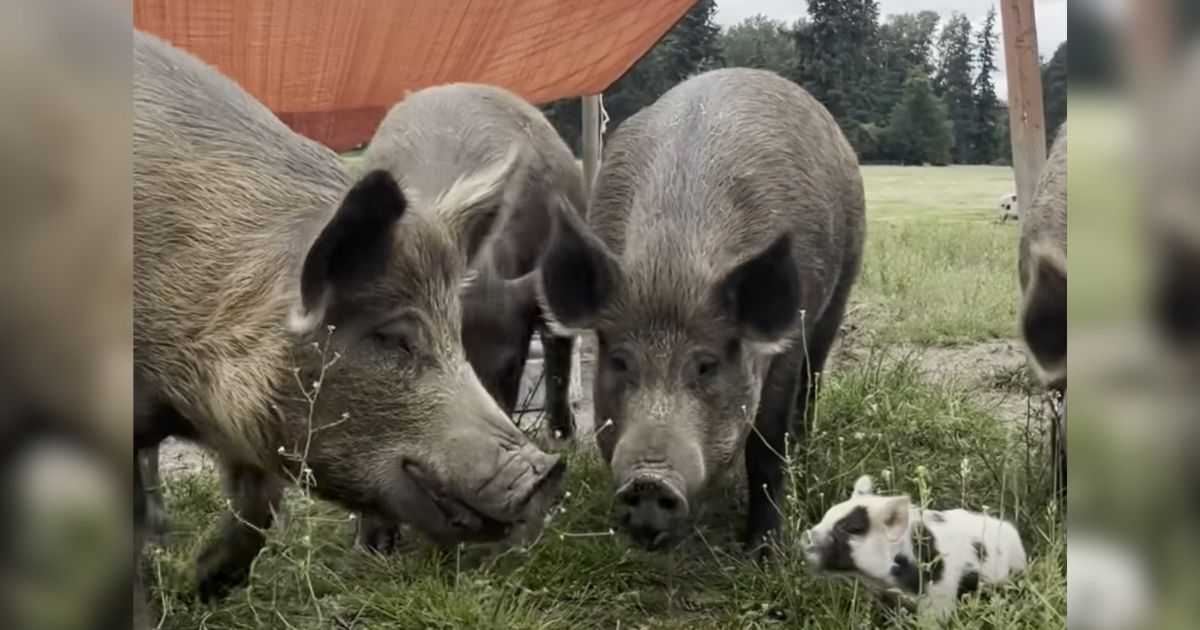Although he was professionally trained in art, Paul Barton has been playing piano in front of an audience for years.
“I am a professional artist,” he said in an interview with Rakhi Chakraborty of YourStory. “I taught myself to play piano when I was twelve. My father and I played music in a small seaside town in the north of England. I’ve been playing all my life.”

In 1996, Paul traveled to Thailand to teach at the Thai Piano School. While living there, he met his future wife and learned of the problems caused by deforestation. “She has always been interested in animal conservation and activism and my influence stemmed from there,” he said.
Throughout the 20th century, Thailand has experienced extreme deforestation as a result of the popularity of Thai teak wood.

Throughout the 20th century, commercial timber logging reduced the country’s forest area by nearly 1/3 (61% to 31%). These industries “employed” Asian elephants, forcing them to carry the large logs of wood. Many of the branches on the logs scratched at the elephants’ bodies and eyes, causing irreversible damage and blindness.
When the Thai government enacted a ban on commercial logging in 1989, the worker elephants found themselves the ultimate victims— unemployable and blind, these animals were no longer able to survive on their own.

“One elephant, Pla-Ra, was blinded while working in the forest by the twigs and branches that constantly scratched her eyes as she moved,” Paul recalled.
“They destroyed her forest, her home and then cast her aside when she was no longer of use.”
Paul and his wife have now been helping to rehabilitate Thailand’s blind elephants for the past 20 years— but on Paul’s 50th birthday, he decided to try a different approach.

As a musician, Paul had witnessed the effects music can have on the soul and psyche and thought it may be beneficial for these abused and forgotten creatures.
“I had previously worked with blind children for two years and seen the impact music had on their lives.
“So, I wanted to try that theory with these blind elephants.”
The first elephant Paul played for was Pla-Ra, whose story was explained above. “I thought hard about what kind of music it would like to hear and finally settled on Beethoven,” he said. “Her reaction was so surprising. That was the beginning of this project.”
Since seeing the effect music had on Pla-Ra, Paul now regularly plays to the blind elephants at the Elephant’s World sanctuary.

Paul considers his piano playing an apology to the elephants for the way humankind has treated them.
“All animals like music,” Paul explained. “But elephants are the closest to human beings in the sense that they have the same neurons in the brain as us. Also, they have a very good memory. If you are treated badly as a child, you are going to that all your life. It’s the same with elephants.”
“The elephant shares the part of the brain with us which has flashbacks. They can never forget the terrible things they have seen.”

In this video, you see Paul playing the piano for a 62-year-old elephant named Lam Duan (meaning “Tree With Yellow Flowers”).
The video is powerful, showing the effects Paul’s playing has on these beautiful and majestic creatures.

See it for yourself below!
Please SHARE this with your friends and family.















